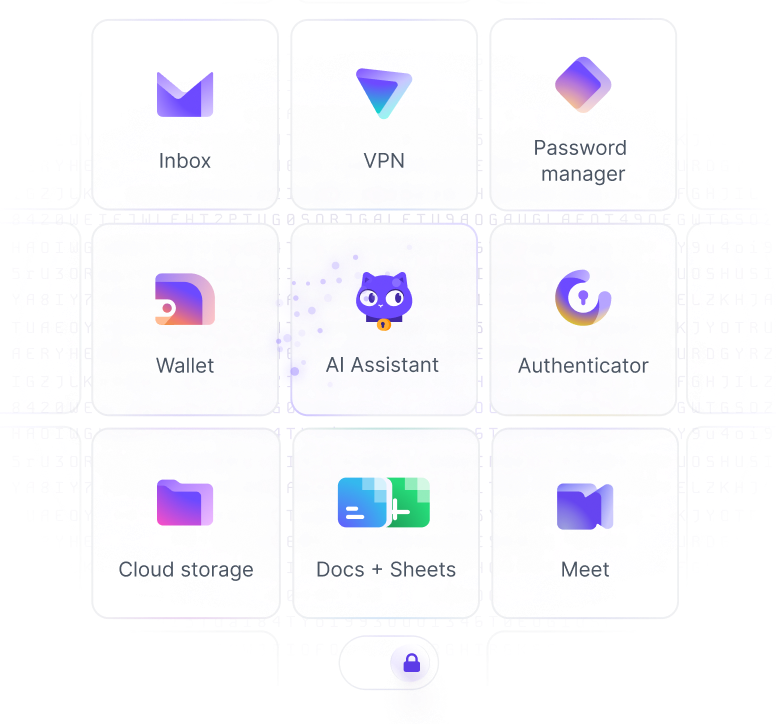Nous croyons au pouvoir de l'open source
La transparence est le seul moyen de gagner la confiance de notre communauté.
Toutes les applications Proton sont open source, elles ont par ailleurs été auditées et vérifiées de manière indépendante par des experts. Tout le monde peut donc voir et contrôler que nos applications font ce que nous annonçons.

L'open source améliore la sécurité de nos produits
La sécurité du logiciel de Proton a été contrôlée de manière indépendante par des milliers d'experts du monde entier. Vous pouvez consulter les rapports d'audit, inspecter le code vous-même ou même contribuer aux améliorations.
Nos contributions à la communauté open source
Nous sommes les principaux responsables des bibliothèques cryptographiques open source largement utilisées pour les langages de programmation JavaScript et Go.
PGPJS ouvert
Bibliothèque de chiffrement JavaScript
GoOpenPGP
Bibliothèque de chiffrement Golang
En rendant notre code librement accessible aux développeurs, nous encourageons l'innovation en matière de technologies de protection de la vie privée et nous aidons à résoudre des défis bien concrets dans ce domaine.
Aidez Proton à créer un internet qui respecte la vie privée
Vous pouvez contribuer directement à Proton en apportant des améliorations au code dans nos référentiels ou en participant à notre programme de recherche de bugs.

Communauté Proton
Les contributions de la communauté ont toujours été importantes pour notre développement. Vous pouvez contribuer aux discussions avec Proton sur les réseaux sociaux, devenir un testeur bêta, participer au projet de localisation de Proton et nous faire part de vos commentaires qui nous aident à développer nos services.
